Yes, in some cases. General anaesthesia at a dental clinic may be necessary when treating young children, adults with special needs or people with severe dental fear. General anaesthesia is a type of unconscious sedation. In other words, you’ll be completely unconscious during the procedure. If you aren’t entirely comfortable with needles or sharp implements in your mouth, let alone emergency surgeries under local aesthetic, then sedation dentistry could be for you. Read on to discover more.
What is Sedation Dentistry?
Sedation dentistry is the practice of using medicines to induce a light state of unconsciousness during dental treatments. Dentists trained to administer sedation safely and with minimal side effects. Sedation is ideal for people who have a strong fear of the dentist and who would otherwise avoid dental care. Sedation dentistry is not the same as general anaesthesia in a hospital. The patient is not unconscious and does not require an operating room.
Instead, he or she is able to respond to questions as the dental treatment progresses. Sedation dentistry can take many forms. Nitrous oxide (laughing gas), oral sedatives, or intravenous sedation to make certain dental procedures less frightening.

Types of Sedation for Dental Implants
Intravenous Sedation – This is the strongest form of sedation, and is administered through an IV line. It’s usually used when you’re getting a root canal or having multiple teeth removed. The dentist will start by administering a benzodiazepine like midazolam, followed by a narcotic like fentanyl.
General Anaesthesia – This a very rare form of dental sedation, and only administered in extreme cases when IV sedation won’t work. General anesthesia for dental procedures typically reserved for oral surgeries or extractions of multiple teeth. It’s a very rare form of sedation that shouldn’t be taken lightly.
The goal of sedation dentistry is to remove anxiety and increase comfort during dental treatment.
DR CHIRAG CHAMRIA
Local Anaesthesia – Local sedation involves the administration of a short-acting anesthetic that numbs a specific region of the mouth. It’s often used for minor procedures, like tooth extractions, fillings, and crowns. Local sedation safe and effective for most people, but shouldn’t used by those with heart conditions or other health complications.
Benefits of Sleep Dentistry
✅ Increased Comfort – When you’re relaxed, you’re less likely to put up a fight during dental procedures. This means less pain and a shorter treatment time. Furthermore, people experience less pain after sedation, even when they don’t remember the treatment.
❖ Longer Lasting Results – When you’re relaxed, your gums and teeth are less likely to bleed. This means less post-procedure swelling and bruising, which can extend the longevity of dental implants.
✅ Decreased Anxiety – Dental work is stressful for many people, and anxiety can make the experience even worse. Sedation proven to reduce anxiety, meaning less pain during and after treatment.
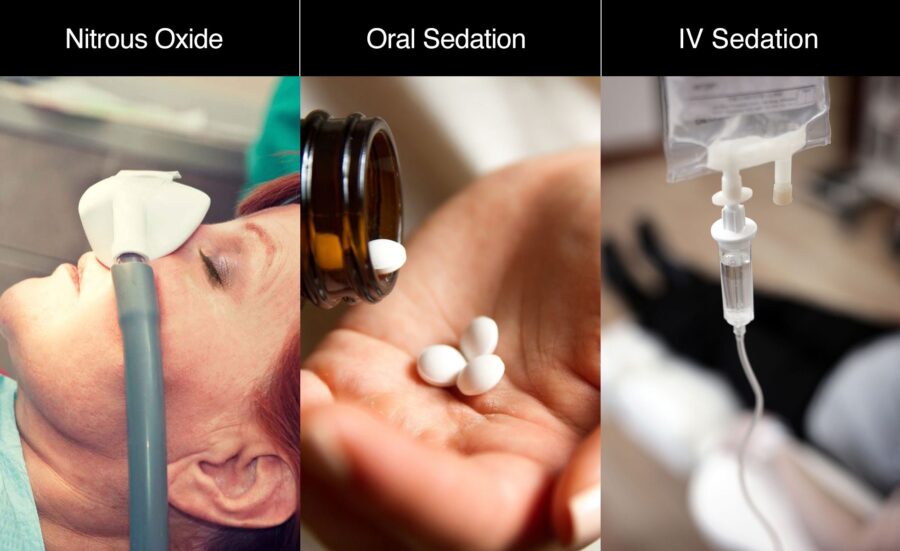
Disadvantages of Sleep Dentistry
Risk of Infection – Any time you introduce medication into your bloodstream, you run the risk of infection. This is especially true if you have a weakened immune system, like those with HIV or autoimmune diseases.
Risk of Injury – You may not remember the dental procedure, but your body remembers the trauma. Prolonged blood loss, swelling, and bruising can make the recovery process more difficult, especially if you have an implant.
Inability to Recall the Procedure – Though you are awake and respond to questions during the treatment, you cannot remember the procedure later on. This can be a problem for people with dental phobias who are avoiding necessary dental work.
Conclusion
Dental treatments are a great option for dental issues, but many people avoid them due to dental anxiety. Sleep dentistry is the best way to get dental implants without the stress and anxiety that comes with traditional treatments. Luckily, many dental insurance plans cover, making it more affordable for those who need it.
Follow Us For More Updates

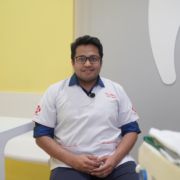
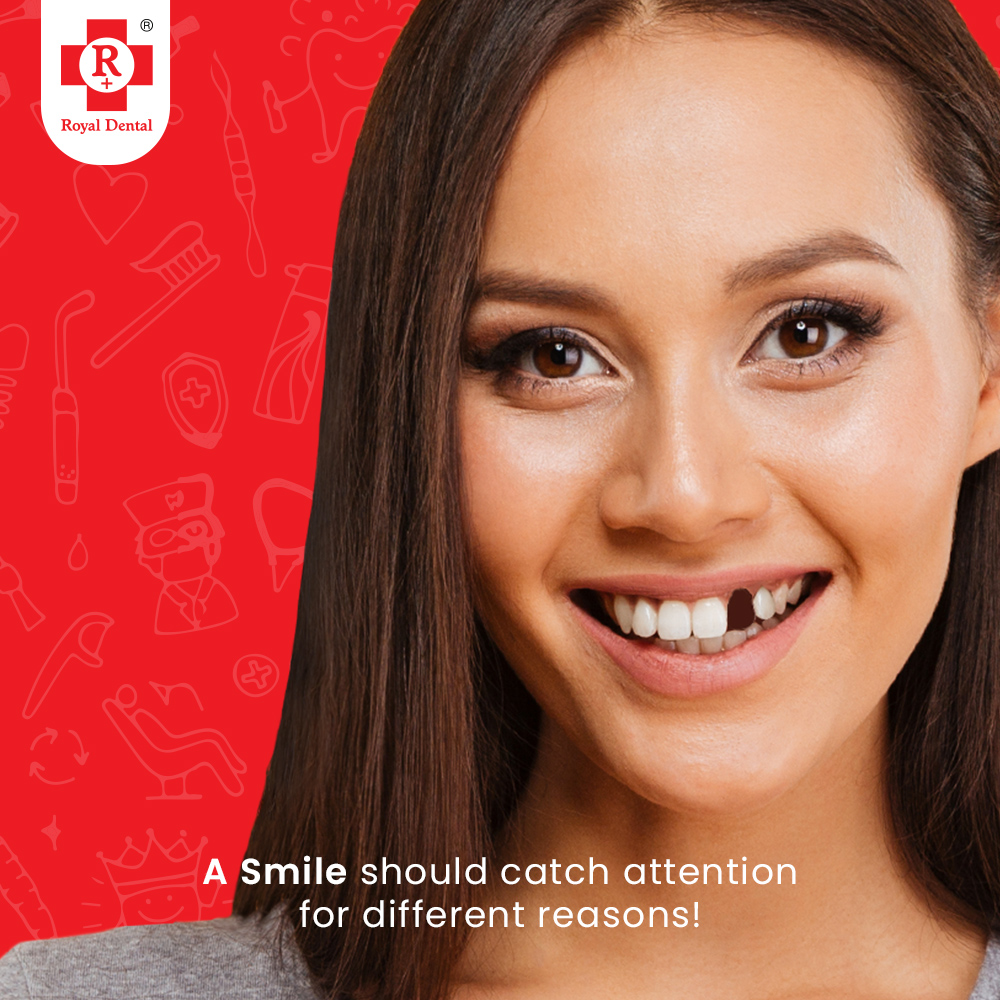
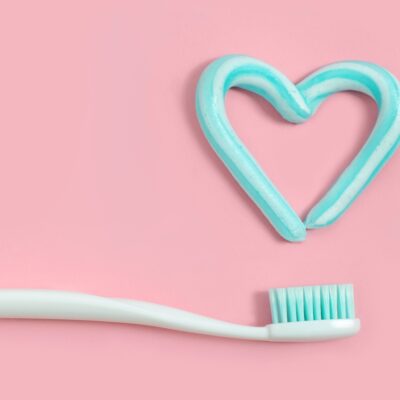

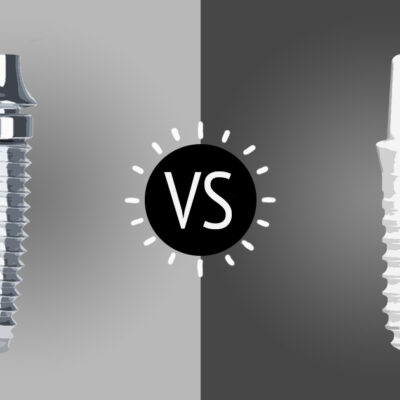
that is good clinic